The rising levels of oceans, the record warm temperatures, the increasing air pollution levels all have raised a red flag on the pollution levels around the globe. One of the major factors contributing to pollution, waste management has been a challenge to the global community as waste is produced daily around the world in gargantuan quantities. While traditional methods such as incineration and landfills have struggled to dispose of the waste from our daily lives, they themselves cause additional pollution.

In an attempt to cope with pollution generated from waste management, governments around the globe have promoted recycling as the solution to reducing waste pollution. But what truly is recycling? Many of us are advised to categorize waste into material types but where do these different groups of waste go? Although recycling is widely practiced on an individual level today, how is recycling practiced on a corporate level? To elaborate, what methods or technologies do companies or businesses employ to deal with waste material and what can students do to contribute to their efforts?
There are three major types of recycling: upcycling (a.k.a material recycling), chemical recycling, and energy recycling. TerraCycle Korea, a cutting-edge recycling company, focuses on upcycling. Upcycling transforms waste material into smaller units to be reused in manufacturing new products, instead of incinerating or burying them. In other words, upcycling not only disposes of the original waste material, but in the process produces raw material for new products.
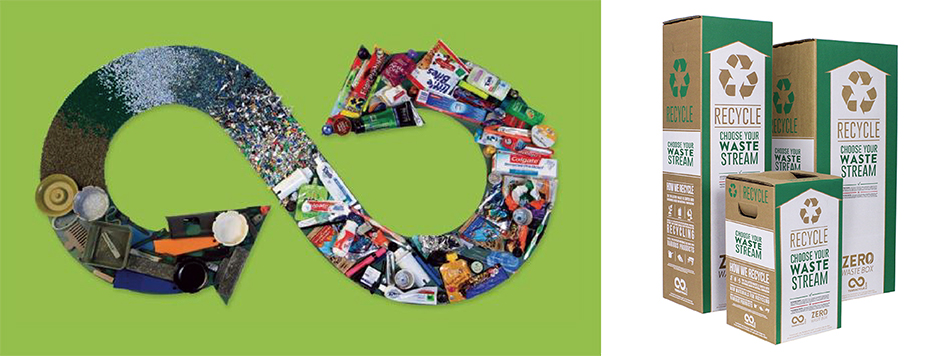
According to Ji Hun Lee, the General Manager of TerraCycle, TerraCycle aims to reduce pollution through upcycling and is currently practicing this idea through all spheres of society. For instance, TerraCycle partners with cosmetic companies such as Amorepacific, to collect cosmetic bottles. Amorepacific grants points to consumers who bring cosmetic bottles to its stores and these empty bottles are sent to TerraCycle, where they are broken down into smaller plastic parts for future usage. TerraCycle also offers upcycling programs in which students can participate as well. For example, students can sign up for the toothbrush collection program to upcycle toothbrushes found in their schools. Once a student signs up for the program, TerraCycle sends a collection box to be installed and once full, it is sent back to TerraCycle to be upcycled.
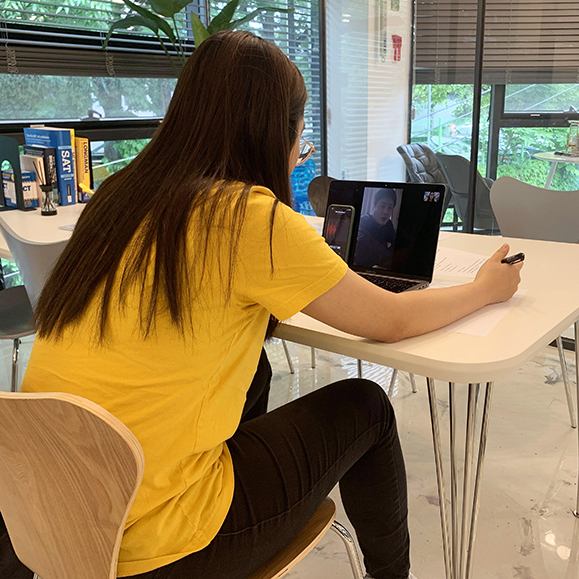
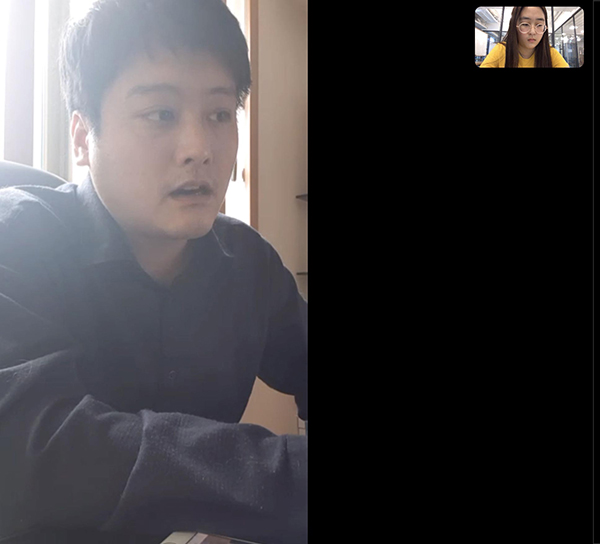
In addition, TerraCycle aims to eliminate the very idea of waste in the future. It has launched an e-commerce platform, where products are offered in zero-waste packaging options and refillable options. It also plans to go beyond recycling. TerraCycle Diagnostics is a new program whereby consumers can send their used toothbrushes or diapers and, in addition to upcycling them, TerraCycle provides basic diagnostic service to such consumers by analyzing the residue found on them. Lee highlighted that all of these efforts are crucial to reducing carbon emission currently generated in waste handling. And TerraCycle Korea is focusing on educating the public on the necessity of upcycling beyond mere categorization of recyclable waste. For example, TerraCycle has placed information stands where citizens can learn about upcycling and even bring in used products for upcycling at locations like the Seoul Upcycling Plaza, located near the Janghanpyeong Station.
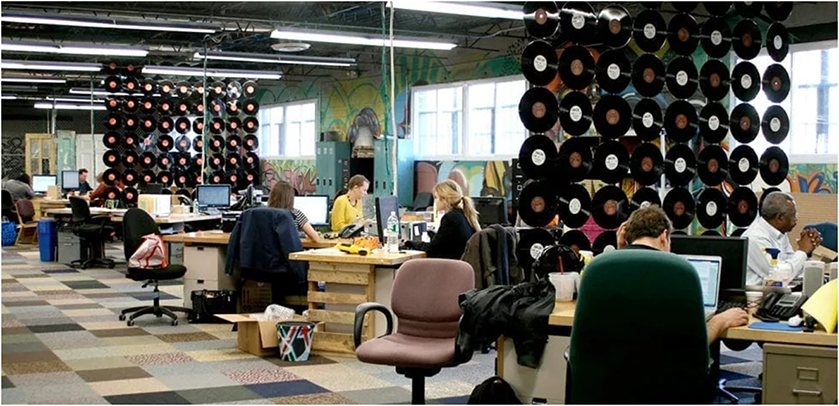
The interview with the General Manager of TerraCycle provides a new perspective on recycling. The programs offered by TerraCycle and its reward programs shed light on how recycling can become more ubiquitous in our lives and be something more than merely organizing recyclable waste into different categories. The idea of reusing the materials in waste to make new products seems so obvious, and yet has been overlooked in our society. A simple used toothbrush can be reborn as a pretty new toy.. Many of us have often viewed recycling as an everyday nuisance, but with programs like TerraCycle’s upcycling, recycling can become exciting and rewarding. We all need to alter our mindsets to embrace the idea of recycling. Our society will never be able to protect our planet without the actions from each and every one of us.
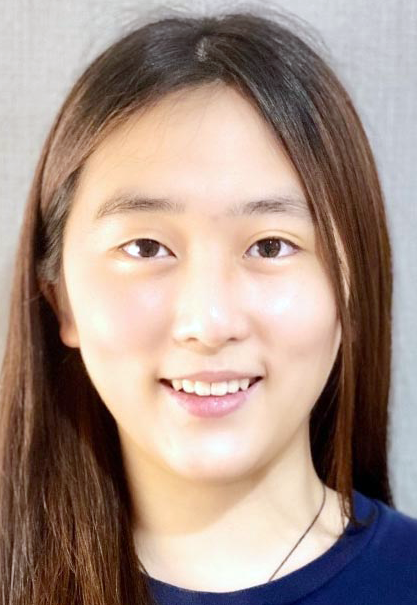
Young Seo Yoon
Grade 11
The Oklahoma School of Science and Mathematics

